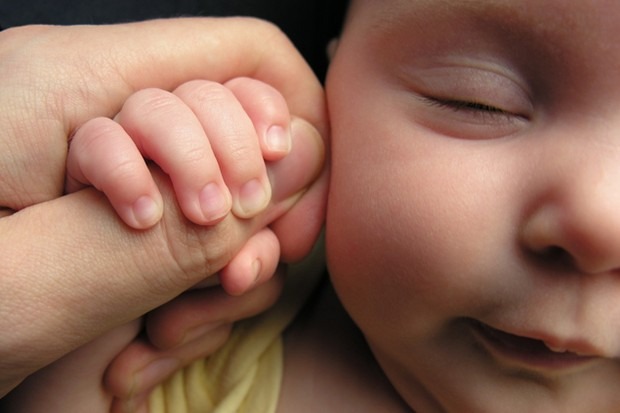Every week I look forward to my Thursday morning meeting at 9:30. I have been in a women’s support group for over four years. This group was started by a friend of mine who asked six women to join her. Quite early on two women dropped out because the group wasn’t quite right for them. The remaining five of us are very dedicated and grateful for the support and closeness that has developed over the years. We used to meet at a centrally located woman’s home, and now we use Zoom because of Covid.

I’m telling you about my group and how much it has meant to each of us because I want you to know what a benefit it could be in your life to start or join a similar group. There is no financial charge for this kind of group, just the charge of caring for each other in a positive way.
The guidelines are fairly simple:
- Each woman gets 5 minutes to tell the group anything that’s important to them.
- Then each woman gets 5 more minutes to talk more or get feedback… or a combination of the two. And it’s okay to ask for advice too.
- One person volunteers to keep time and uses her phone as a timer. During the meeting, she simply says, “Who wants to go first?” and “Who wants to go next?” and gives each member five minutes, plus another five minutes, herself included.
Positive Feedback
The crucial aspect of the feedback is that it is positive. There’s no analyzing, looking for mistakes, or telling the woman how to improve. It’s about seeing the best in each woman. Here are some examples of positive feedback:
- “Even though you have physical pain, you keep a wonderfully positive attitude.”
- “You have such a beautiful spirit.”
- “You are so generous in volunteering to raise money for the food bank.”
- “You’re so persistent in dealing with these difficult issues in your life.”
- “I love how much your grandchildren look forward to talking to you on the phone.”
This kind of feedback helps us stay in touch with the good in ourselves and in our lives, which makes life feel lighter and challenges feel more manageable. Each week I leave the meeting feeling refreshed, energized and, most importantly, loved.
If what I shared appeals to you, and if you have needs for connection and support, I encourage you to start a women’s group of your own. You can contact me if you have questions about any of this.
Check back soon for Part 2 of this special 2-part post… Simple Steps for Starting Your Own Women’s Group.




 Imagine that you are meeting a two-week-old baby for the first time. You put your finger close to the baby’s hand. With its tiny fingers, the baby takes hold of your finger or thumb. You are smiling, and you’re so tender with this baby. You’re awed with this new little life, and you’re pleased and touched that you are connecting to this newborn.
Imagine that you are meeting a two-week-old baby for the first time. You put your finger close to the baby’s hand. With its tiny fingers, the baby takes hold of your finger or thumb. You are smiling, and you’re so tender with this baby. You’re awed with this new little life, and you’re pleased and touched that you are connecting to this newborn.